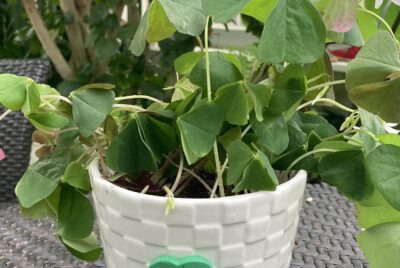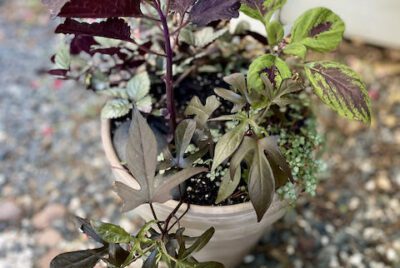RESEARCH
A Systematic Review of Studies Evaluating the Effectiveness of Horticultural Therapy for Increasing Well-Being and Decreasing Anxiety and Depression
Summary
This dissertation explores the effectiveness of horticultural therapy, which involves using gardening and plant-related activities to improve mental health. The study reviews existing research on how horticultural therapy can help reduce stress, anxiety, and depression, while also enhancing well-being. It highlights that humans have a natural inclination towards nature, which can be therapeutic. As people spend more time indoors due to urbanization and technology, reconnecting with nature through activities like gardening can have positive effects on mental health.
The dissertation also examines various theories that explain why nature-based interventions like horticultural therapy are beneficial. It discusses how these interventions can be applied in different settings, such as community gardens, which not only provide mental health benefits but also foster social connections. The study concludes that horticultural therapy is a valuable tool for improving mental health across various populations and suggests that it should be more widely recognized and implemented in therapeutic settings.







